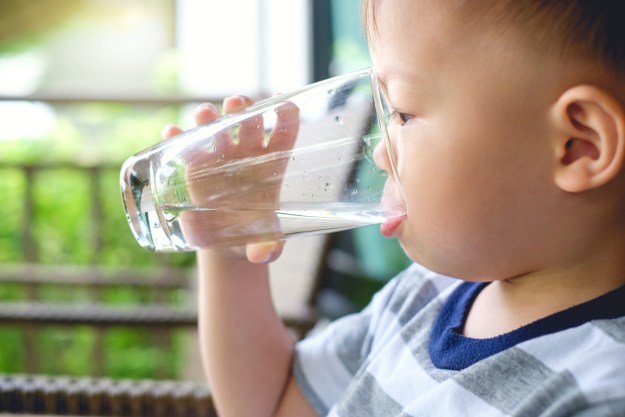Kids will be kids. They’re young and full of energy and wonder with the world around them. So, now and then, they might try something a bit daring “just to see what would happen,” or they might blurt out something odd when you least expect it. Trial and error are part of the learning process that comes with growing up — and with parenting.
At the same time, you might be concerned about the impulsive behavior of your child as time goes on. Could this be a sign that you’re dealing with ADHD or some other condition? Not every type of impulsive behavior points toward a mental health condition or exceptionality. Thus, we’ve brought you more information on what certain impulsive behaviors might mean, their possible causes, and some tips for handling such a situation.
What’s the difference between common and impulsive behavior?
To some degree, impulsive behavior goes hand in hand with a child’s stages of development. Many of the unexpected childhood quirks occur because the brain develops at its fastest pace during the first eight years of life according to the CDC. Still, once a child hits the tween years and then puberty, brain development, especially in the frontal lobe, speeds up once again, which directly affects behavior. This area, according to an article updated by Dr. Daniel J. Bell, is in charge of decision-making, planning, memory, and attention — all of the components necessary to overcome impulsivity.
Thus, when you see behaviors that don’t make any sense and even go against years of teaching your child about safety, social skills, and self-control, chances are you don’t have to worry about any conditions of the brain. Your child is simply trying to keep up with the changes that are happening.
On the other hand, if you notice impulsive behavior in your child that’s getting out of control and affecting daily life regularly, then you might need to consult your pediatrician about finding help. Some examples of impulsivity include:
- restlessness and inability to sleep
- aggression
- constant interrupting
- distraction (at the slightest change in the immediate surroundings)
- a lack of understanding consequences and how words and actions affect others

What causes impulsive behavior in a child?
If your child has trouble controlling his or her impulses, this could indicate that an evaluation might be necessary. There are some possible causes for impulsive behavior in a child that relate to a mental health condition or exceptionality such as:
- ADHD
- ADD
- a mood disorder
- Autism Spectral Disorder
- a phobia
When looking for a possible cause for impulsive behavior, you can start with your pediatrician and/or the resource teacher at your school. Some school districts have a diagnostician on staff, and that professional can also lead you in the right direction towards getting help for your child.

How do you deal with impulsive children?
Fortunately, there are many strategies for dealing with impulsive behavior in your child and helping him or her to acquire the necessary skills for coping with social and academic settings. Some approaches include:
- positive reinforcement, like a small reward, for positive behavior
- giving verbal or nonverbal praise (like a thumbs-up) for good behavior
- communicating frequent reminders when transitioning from one activity to another
- outlining clear and specific rules
- “charging” a dime or quarter for each infraction, like interrupting during a phone call
Overall, you’ll need to set clearly defined limits and try to keep a consistent, predictable schedule; this will cut down on anxiety and outbursts. Likewise, you can prepare your child for special occasions, trips, gatherings, and anything else that deviates from the regular routine. For any behaviors that aren’t appropriate, like pushing or yelling, you should provide consequences immediately while talking with your child about what can be done differently and why the action wasn’t appropriate for the situation.
Patience, consistency, and a close partnership with teachers and mental health professionals will help your child learn to manage his or her condition. You can also look at other factors, like a balanced diet that’s low in sugar and processed foods and exercise to release some of the extra energy. Although it will be a challenge, the impulsive behavior in your child won’t pose a lifelong obstacle if you, your family, and a solid team of professionals work together to promote effective skills that your child will learn to employ.
Editors' Recommendations
- When do babies start talking? Should you be concerned if yours isn’t?
- Your questions answered – everything you need to know about baby-led weaning
- Flying while pregnant? This is what you need to know
- The ultimate nursery checklist of everything you need (and nothing you don’t)
- Your teen got a job interview. Now, what to wear?



